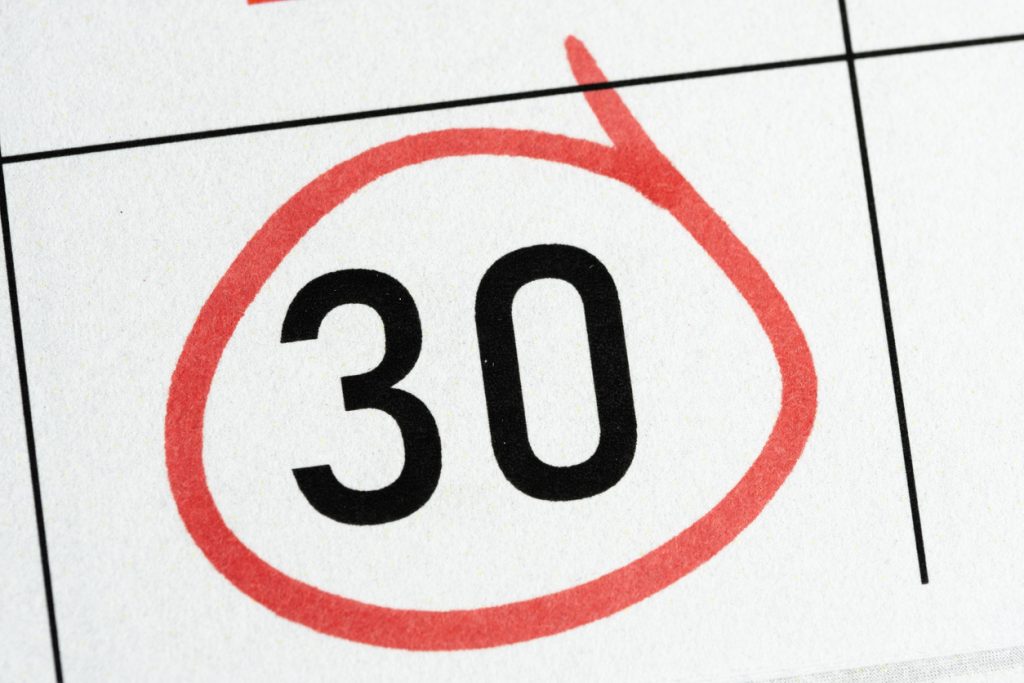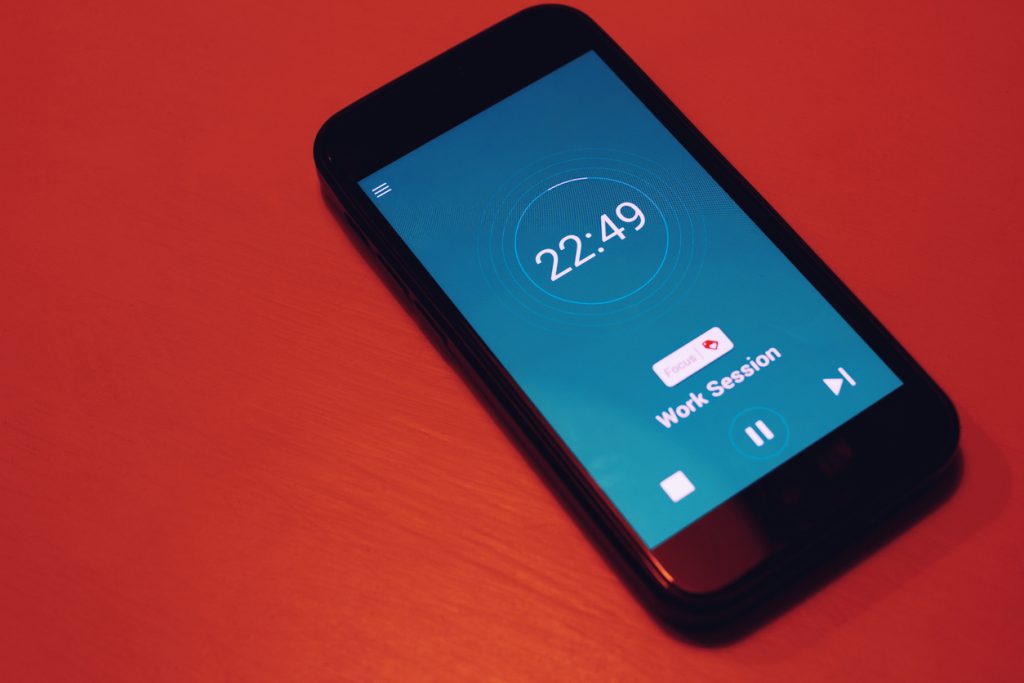Sometimes, making big life changes feels overwhelming. Whether it’s eating healthier, becoming more productive, or improving relationships, large goals can often seem unattainable. This is where microhabits come into play. Instead of overhauling your entire routine overnight, microhabits harness the power of small, incremental changes to create significant long-term results.
The beauty of microhabits lies in their simplicity and effectiveness. These tiny actions, often requiring less than two minutes each day, are easy to integrate into your routine, making them more sustainable over time. Welcome to the 30-Day Microhabit Challenge—a roadmap to transform your life one tiny step at a time.
What Are Microhabits?
Microhabits are small, easily achievable behaviors that serve as building blocks for larger habits. Instead of aiming to “start running five miles a day,” a microhabit might involve putting on your running shoes each morning or walking for just five minutes. These small actions are deliberate, consistent, and scalable.
The idea behind microhabits is grounded in the science of habit formation. According to research by behavioral psychologists like BJ Fogg, behaviors become habits when they are consistent, low-effort, and tied to pre-existing routines. Starting small ensures success, which builds the confidence to expand habits into bigger, more impactful behaviors over time.
Why Microhabits Work

Unlike major lifestyle changes, microhabits work because they’re manageable. They minimize resistance and decision fatigue—those obstacles that often derail new habits before they stick. Here’s why starting small matters:
- Less Overwhelm: Big goals are intimidating, but microhabits are too small to fail. You’re more likely to keep showing up for something that feels effortless.
- Build Momentum: Each successful microhabit activates a sense of accomplishment, reinforcing your commitment to keep going.
- Compound Effect: Tiny actions, when performed consistently, build momentum and compound into significant outcomes over time.
- Positive Reinforcement: Small wins create a loop of motivation, leading to long-term success.
Now that you know the power of microhabits, it’s time to start your 30-day challenge.
The 30-Day Microhabit Challenge
This challenge is designed to help you experiment with integrating microhabits into different areas of your life. Below, we’ve categorized suggestions to address common goals related to health, productivity, relationships, and personal growth. Feel free to adapt them to suit your specific needs.
Days 1-7: Health Microhabits

Kick things off with small but impactful changes to your physical and mental well-being.
- Drink a glass of water first thing in the morning. Rehydrate and jumpstart your metabolism.
- Stretch for 2 minutes before bed. Loosen muscles and prepare your body for restful sleep.
- Take a 10-minute walk after lunch. Boost digestion and increase energy levels.
- Add one vegetable to one meal each day. Improve your nutrition with little effort.
- Do 1 push-up or 10 seconds of plank daily. Build strength gradually by starting small.
- Spend 3 minutes meditating. Focus on your breath to relax and reduce stress.
- Stand up and stretch every hour during work. Combat the dangers of prolonged sitting.
Days 8-14: Productivity Microhabits

Once you’ve built momentum, add microhabits to boost organization and efficiency.
- Write down your top priority for the day. Begin each day with clear focus.
- Spend 5 minutes organizing your workspace. Declutter your environment for better focus.
- Silence all non-essential phone notifications. Reduce distractions and reengage with tasks.
- Set a 25-minute timer for deep work. Try the Pomodoro Technique for enhanced productivity.
- Stop multitasking for one task each day. Approach your work with mindfulness and quality.
- Write down one thing you accomplished each evening. Reflect on wins to fuel motivation.
- Eliminate one unnecessary task or obligation. Free up space for what truly matters.
Days 15-21: Relationships Microhabits

Next, nurture connections with small, consistent gestures that strengthen bonds.
- Send a text or note of appreciation to someone daily. Simple acts of gratitude go a long way.
- Spend 5 minutes of uninterrupted time with a loved one. Presence matters more than duration.
- Ask one thoughtful question at dinner. Spark deeper conversations with family or friends.
- Compliment someone genuinely. Make others feel seen and valued.
- Perform one small act of kindness. Open the door, help a colleague, or donate a dollar.
- Spend one meal device-free. Focus completely on the people at the table.
- Listen fully for conversational cues during a discussion. Mindful listening builds trust.
Days 22-30: Personal Growth Microhabits

Finally, invest in yourself and set the stage for continued growth.
- Read 1 page of a book daily. Reignite learning in bite-sized chunks.
- Write down 1 thing you’re grateful for. Practice gratitude to shift your mindset positively.
- Spend 3 minutes reflecting on the day. Journaling can build self-awareness.
- Learn one new word daily. Grow your vocabulary and expand your thinking.
- Unfollow one negative account on social media. Curate uplifting digital spaces.
- Spend 2 minutes tidying a corner of your home. Small steps toward an organized life.
- Commit to 5 minutes of creative expression. Doodle, sing, or write to fuel creativity.
How to Stay on Track

- Use a Habit Tracker: Create a chart or use an app to visualize your progress. Checking off completed microhabits each day reinforces your efforts.
- Stick to the Two-Minute Rule: If a habit takes less than 2 minutes, it’s foolproof. Removing complexity ensures consistency.
- Bundle Habits: Tie new microhabits to existing ones. For example, sip your morning water while brewing coffee.
- Celebrate Small Wins: Recognize your progress to stay motivated. Whether it’s a self-pat on the back or a written recognition, rewards strengthen your resolve.
Overcoming Common Challenges
It’s normal to hit speed bumps, but preparation can keep you on track.
- Forgetfulness: Link habits to reminders (e.g., sticky notes, alarms, or calendar alerts).
- Lack of Motivation: Focus on your “why.” Visualize the long-term impact of the habit.
- Perfectionism: Allow for mistakes. Missing a habit one day isn’t failure—it’s part of the process.
The Power of Small, Consistent Actions
The 30-Day Microhabit Challenge demonstrates that transformation doesn’t require drastic measures. Through small, intentional changes, you’ll build habits with long-lasting benefits. Whether it’s improving health, deepening relationships, or sharpening focus, the cumulative power of microhabits teaches us an invaluable lesson—progress, not perfection, drives success.
Start today, stay consistent, and watch as these tiny actions lead to big results. What small step will you take first?



